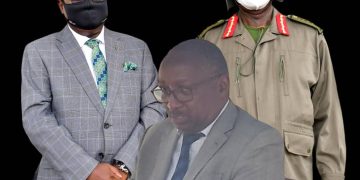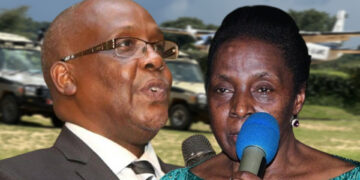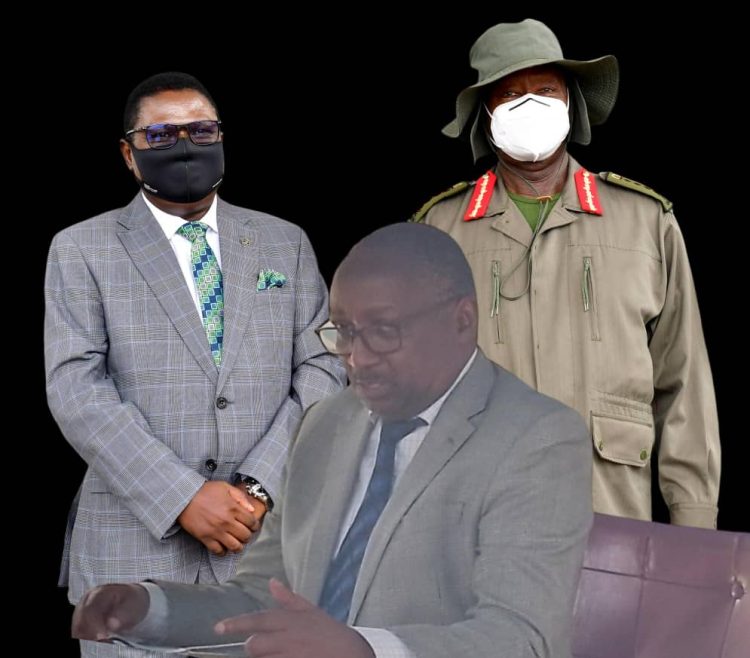By Leonard Kamugisha Akida,
KAMPALA
Uganda’s Justice and constitutional affairs minister, Hon. Norbert Mao, also the president general of the Democratic Party (DP) proposal to introduce electoral reforms is facing outright rejection from opposition political parties which allege that the controversial amendments are politically driven.
Over the weekend, the Weekend Vision newspaper reported that minister Mao was to present to cabinet electoral reform proposals including reinstatement of presidential term limits, election of the president by members of parliament and limiting district women representatives to two terms.
However, the proposals have attracted heated debates across political parties, with many alleging that Mao is being used as a red carpet to maintain President Museveni’s hold on power and deny citizens their right to vote for a president of their choice.

John Kikonyogo, Spokesperson for the Forum for Democratic Change (FDC) criticized the proposals, saying they are not addressing the current election challenges in Uganda.
“These are political amendments. What people want are the army out of elections. Ugandans want free and fair elections not those laws,” said Kikonyogo.
According to Kikonyogo, Uganda needs reforms ensure nonviolent elections, free from police and military interferences. He emphasized that the party will instruct their whip and legislators in parliament to oppose these amendments once they are tabled to parliament for debate.
Mao has been advocating for reconciliation, electoral reforms and national dialogue to prepare for a smooth and peaceful transition of the government. However, with 2026 general elections approaching, his efforts may be hindered by time constraints.
The Electoral Commission Chairperson, Justice Simon Mugenyi Byabakama previously stated that implementing the electoral reforms would require at least two years, making Mao’s proposals unlikely before the next election. The chief election commissioner said the commission will not be able to implement the electoral reforms because they are behind the schedule.
Byabakama insisted that a period of two years would allow the EC to integrate new reforms to be effectively implemented.








































